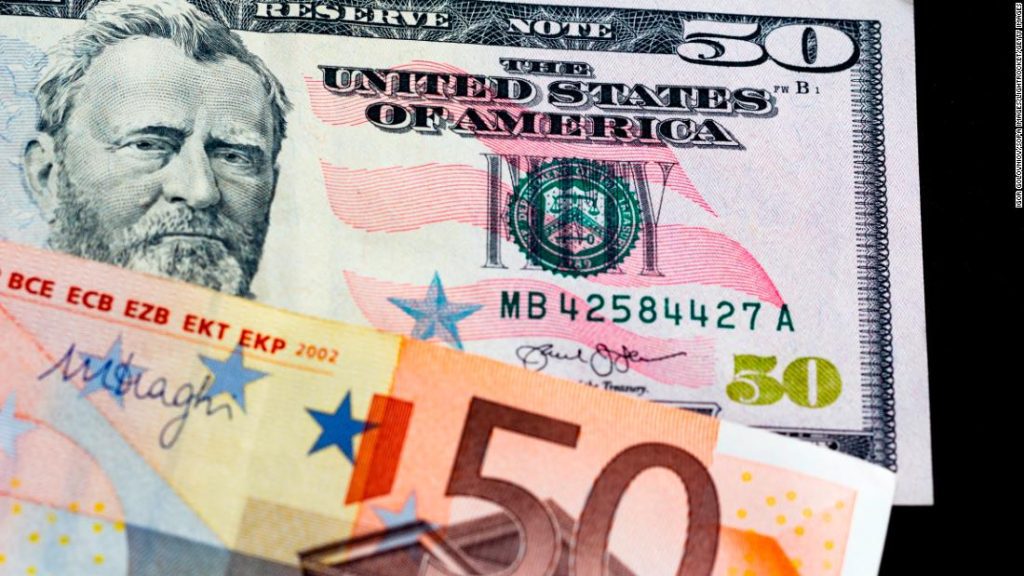
The euro hovered around $1,004 on Monday afternoon, down about 12% since the start of the year. Fears abound of an economic recession on the continent due to high rates of inflation and uncertainty about energy supplies due to the Russian invasion of Ukraine.
Now this important part of the gas import infrastructure in Europe has been closed for scheduled maintenance due to the last 10 days. German officials fear it may not be turned on again.
The energy crisis comes along with the economic slowdown, which has cast doubts over whether the European Central Bank can adequately tighten policy to lower inflation. The European Central Bank announced that it will raise interest rates this month for the first time since 2011, as the inflation rate in the euro zone is 8.6%.
But some say the ECB is too far behind the curve, and a hard landing is inevitable. Germany posted its first trade deficit in goods since 1991 last week as fuel prices and general chaos in the supply chain sent import prices skyrocketing.
“Given the price-sensitive nature of German exports, it is still hard to imagine that the trade balance could improve significantly from here in the next few months given the expected slowdown in the eurozone economy,” wrote Saxo Bank FX strategists on a recent note.
Analysts say a series of aggressive rate hikes by central banks, including the Federal Reserve, along with slowing economic growth will continue to pressure the euro while sending investors toward the safe-haven US dollar.
The US Federal Reserve is far ahead of Europe in tightening, raising interest rates by 75 basis points with the indication that more rate increases will come this month.
This safe haven’s dip into the US dollar could become more severe if Europe and the US enter a recession, George Saravelos, head of foreign exchange research at Deutsche, warned in a note last week.
Saravelos writes that a situation in which the euro is trading below the US dollar in the $0.95-$0.97 range could be “well accessed” if both Europe and the US find themselves slipping into a (deeper) recession in the third quarter while the Fed is still raising interest rates “.
This is good news for Americans who plan to visit Europe this summer, but it could be bad news for global economic stability.





More Stories
“Recycling – Changing the water heater”: the possibility of paying the financing to the institution once or partially
Libya: US General Meets Haftar Amid Tensions Between Governments
New tax exemption package and incentives for business and corporate mergers..